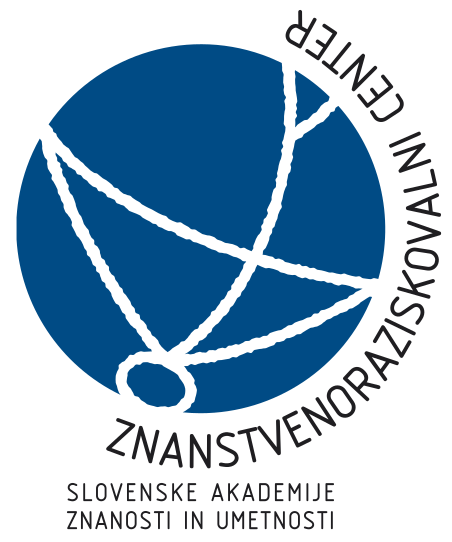Sociomedical Institute
Družbenomedicinski inštitutDifference between revisions of "Sociomedical Institute"
(imported from XML by extractor/importer) |
m (Text replace - "{{Abstract" to "{{Teaser") |
||
| Line 21: | Line 21: | ||
}} | }} | ||
| − | {{ | + | {{Teaser| |
The [[Sociomedical Institute]] at the Scientific Research Centre of the Slovene Academy of Science and Arts (ZRC SAZU) has operated since 19 November 1981. Although it initially existed only de jure, the Sociomedical Institute subsequently organised a series of discussions addressing controversial issues in the studies of medicine and health care. In 1994 academics Dr Lidija Andolšek Jeras, Dr Lev Miličinski and Dr Andrej Župančič prepared a study entitled Transformation of the Institute of Medical Sciences SRC SASA and delivered it to the then Ministry of Science and Technology. The study identified fertility behaviour (especially reproductive health) and suicide as priority research areas. The recent research programme of 1999-2003 entitled Fertility Behaviour of Slovenes could be seen as a realisation of their efforts. | The [[Sociomedical Institute]] at the Scientific Research Centre of the Slovene Academy of Science and Arts (ZRC SAZU) has operated since 19 November 1981. Although it initially existed only de jure, the Sociomedical Institute subsequently organised a series of discussions addressing controversial issues in the studies of medicine and health care. In 1994 academics Dr Lidija Andolšek Jeras, Dr Lev Miličinski and Dr Andrej Župančič prepared a study entitled Transformation of the Institute of Medical Sciences SRC SASA and delivered it to the then Ministry of Science and Technology. The study identified fertility behaviour (especially reproductive health) and suicide as priority research areas. The recent research programme of 1999-2003 entitled Fertility Behaviour of Slovenes could be seen as a realisation of their efforts. | ||
}} | }} | ||
Revision as of 22:05, 27 November 2009
Several changes in the personnel structure of the Sociomedical Institute have taken place since 1999, and at the same time the Institute’s research orientation has expanded to cover the fields of sociology, social anthropology, psychology, neurobiology and social work. Research at the Sociomedical Institute is characterised by a multidisciplinary approach. The study of social phenomena such as low fertility rate, ageing of the population, migration, auto-and hetero-aggressive behavioural patterns and substance abuse, is thus set in the context of a wide spectrum of research areas covering the fields of social sciences, humanities and medical sciences. On the one hand, these research areas link into the sociological and social-anthropological interpretation of classical demographic models and concepts of social-anthropological theory of ethnicity and nationalism, while on the other they link into the personality, psychosocial, neuropsychological and neurobiological theories of social behaviour.



